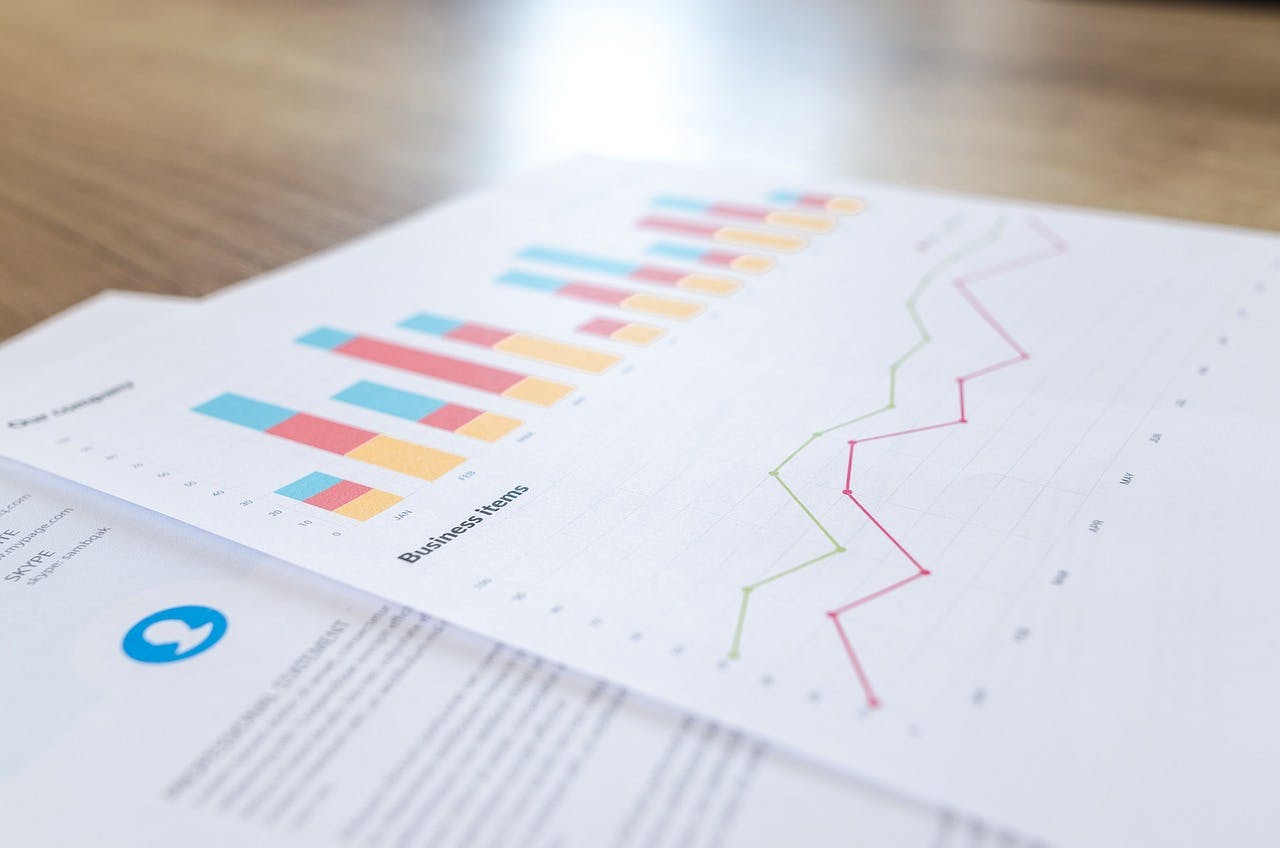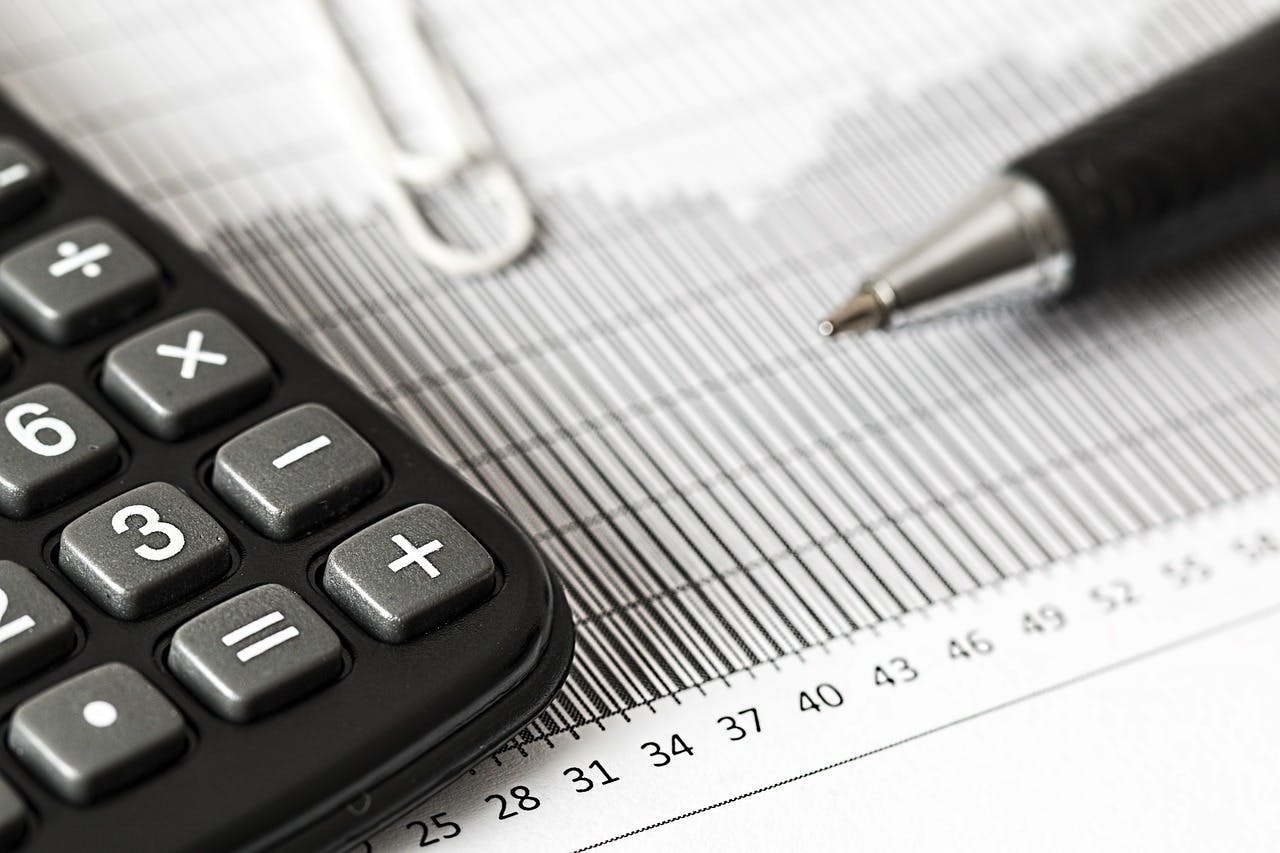Article
Iceland's Economic Outlook
Iceland is a unique country, with unique characteristics that set it apart from the rest. Its society and economy reflect this. First of all, Iceland has a mixed economy with a high degree of free trade and state intervention. It is also one of the few countries in Europe that is not part of the European Union. Therefore, Iceland has its own central bank and its own currency, the Icelandic króna. As Iceland is a natural paradise, the largest export sector is tourism, which accounts for more than 10% of GDP and 42% of exports. Swapp Agency can assist you in contacting local business experts and specialists for any of your enquiries.

Icelandic economy, one of the most modern in the globe
The availability of abundant electrical energy due to Iceland’s geothermal and hydroelectric energy sources has led to the growth of high-end manufacturing processes and innovation. Iceland is a prime location for data centres as it combines proximity to its knowledge workers, educational institutions and a well-connected international airport. The industry claims that Iceland is one of the few places in the world where data centres can operate on 100% sustainable green electricity and with a power usage efficiency (PUE) of 1.03.
Under the Agreement on the European Economic Area, which came into force on 1 January 1994, there is in principle free cross-border movement of capital, labour, goods and services between Iceland and the EU countries. As a member of the 28-nation European Economic Area, Iceland offers an ideal platform for duty-free access to the large EU market and is a fully competitive location for EU companies.
One special feature worth mentioning is that 70% of the volume of all goods on the Icelandic retail market is imported. As the Icelandic currency, the króna, is chronically overvalued, foreign goods and services are particularly cheap for locals. Low-cost products can be exported to Iceland to realise significant mark-ups. Current trends include organic food and products related to healthy living habits. Iceland is regularly ranked among the 30 most competitive countries in the world.
Fishing is another core component of the Icelandic economy and accounts for a total of 25% of GDP. Many of the jobs in the industry are created by technology companies that manufacture equipment for fishing operations, as well as companies involved in the processing of marine products or biotechnological production.
The total production of the country has “the form” of a modern economy. 75% of total production is services. Iceland is one of the best nations in the world when it comes to the availability of skilled labour, scientists and engineers. Skilled labour is available in all areas, with a focus on sustainability-related issues and technological innovation.
But this was not always the case. In 2008, the Icelandic economy fell into a deep recession in the wake of the global financial crisis. The stock market collapsed by 95% and the entire banking sector was plundered within a few days. Iceland became an international role model because it did not take any rescue measures. After the incident, new banks with new regulations emerged, giving Iceland a privileged place alongside countries whose banks are there for the people and not the other way round.
Since then, the Icelandic economy has grown by more than 35%. Even though 2020 is unlikely to be a good year for the economy due to the forced closures triggered by the COVID crisis, the Icelandic economy has shown positive signs immediately afterwards and a significant upswing is expected next year.

Get in touch with Icelandic professionals
If you would like comprehensive advice on the Icelandic economy or any of its industries, contact the Swapp agency. We are a leading group of experts in various fields. Our professional team will be happy to help you meet economists, government managers and professionals from the financial, regulatory or commercial sectors. Regardless of the industry or sector, we are ready to answer all your questions.